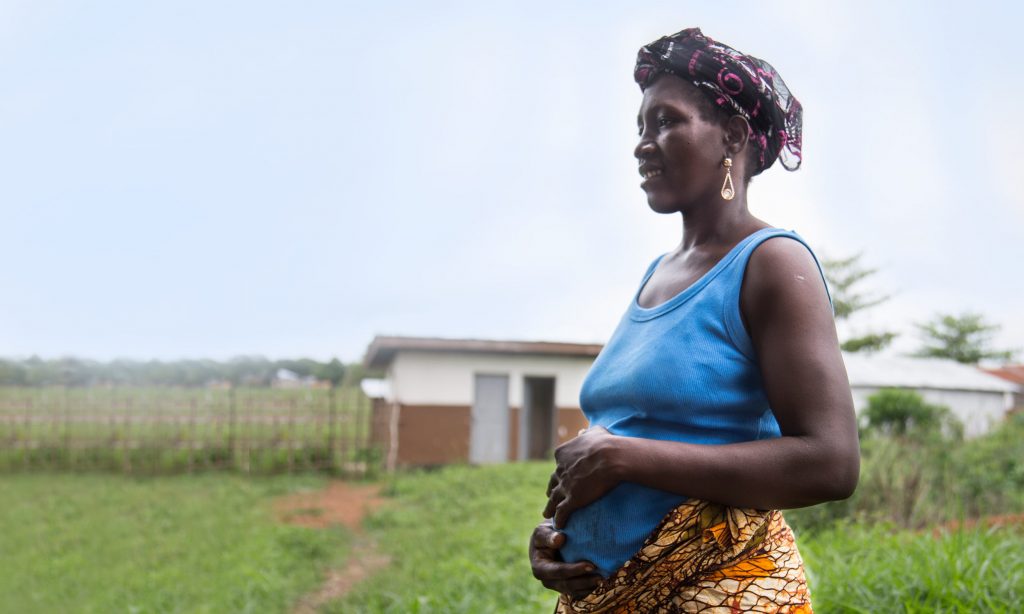
Safe Motherhood is a Universal Human Right
Every single day, 800 women die in childbirth. 99% of these women live in developing countries and the majority of their deaths are entirely preventable—occurring simply because they lack access to a qualified doctor and the basic facilities that many take for granted.
International Medical Corps considers safe motherhood to be a universal human right. Because women constitute the foundation of both families and communities, their well-being is essential for the success of those around them. Yet protecting that well-being remains a central challenge of women’s and children’s health in most communities.
This month, we are shining a spotlight on our maternal health work in communities around the world and the urgent need to ensure safe motherhood globally. Our lifesaving services include antenatal care, safe delivery by skilled birth attendants, quality care for obstetric and newborn emergencies, post-natal care and family planning that stresses healthy timing and spacing of pregnancies. You can help raise awareness for healthy births and safe motherhood by sharing stories of our work and celebrating #BumpDay with us on July 25.
Together, we must do all we can to create happy, healthy beginnings everywhere by ensuring that every mother has the support she needs to deliver safely and nurture her baby’s growth.
Fast Facts: Women and Children’s Health
- 16,000 children die every day before their 5th birthday
- When a woman dies in childbirth, her surviving children are ten times more likely to die within two years than those whose mothers remain in the home
- Among adolescent girls, about 70,000 deaths occur every year due to complications from pregnancy and childbirth







Azraq Refugee Camp
The delivery ward at Azraq Refugee Camp in Jordan is predominately a happy place. Smiles and laughter echo from both patients and staff. It is a place where mothers-to-be can spend time together with their friends, sisters and relatives. We help bring over 30 new lives a month into the world through maternal health services in the camp’s hospital.
Chad
Fatima gave birth to a healthy baby boy just two days before this picture was taken. Because Chad has one of the highest maternal mortality rates in the world, many women there experience perilous deliveries.
Ethiopia
Midwife Rahel Getachewn looks after a woman during labor at a health center supported with technical, logistic and material means by International Medical Corps in the Damot District, Wolayta Zone in Ethiopia. (Photo by Ashley Gilbertson / VII Photo)
South Sudan
Kenny studied with International Medical Corps at its midwifery training school in Kajo Keji, South Sudan. He is now International Medical Corps' head midwife and reproductive health focal point in the protection of civilian site in Malakal, South Sudan.
Sierra Leone
Fatmata shows her pregnant belly at Rugbere health facility in Sierra Leone. International Medical Corps rehabilitated the facility, including the maternity ward and provided new equipment such as delivery beds as part of its wider effort to improve maternal and child health care in Sierra Leone.
Turkey
Thirty-seven weeks pregnant with her third daughter, a woman receives antenatal care at the International Medical Corps clinic in Nizip, Turkey. She was pregnant with her second child when she fled her home outside Aleppo, Syria a year and a half ago.
South Sudan
Kenny studied with International Medical Corps at its midwifery training school in Kajo Keji, South Sudan. He is now International Medical Corps' head midwife and reproductive health focal point in the protection of civilian site in Malakal, South Sudan.